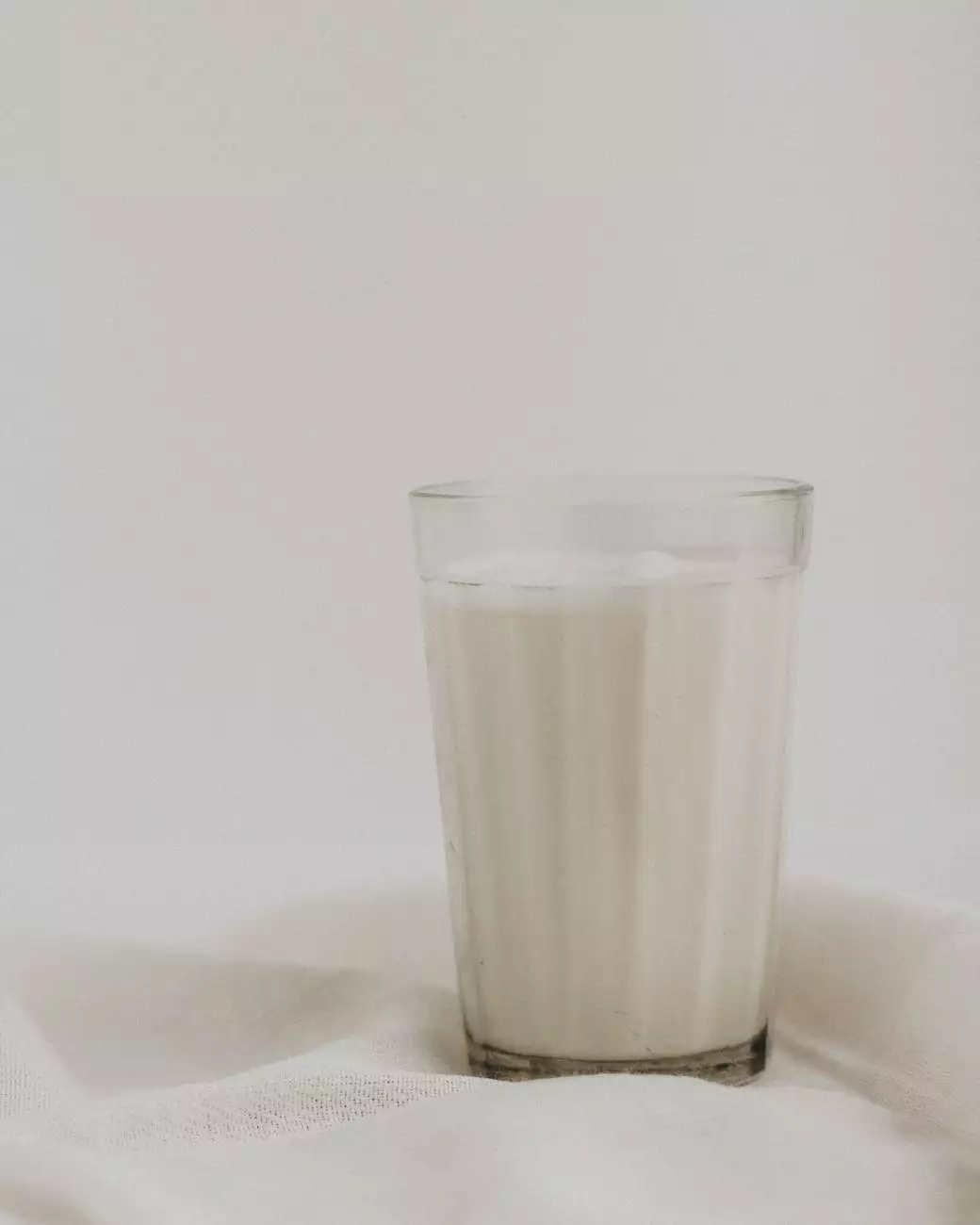Anticoagulants

Introduction
Welcome to Sanctuary Therapies, your trusted source for alternative and natural medicine information. In this article, we will explore the topic of anticoagulants, their uses, benefits, and potential side effects. Whether you have been prescribed anticoagulants or simply want to learn more about them, we have you covered!
Understanding Anticoagulants
Anticoagulants, also known as blood thinners, are medications that prevent blood clots from forming or existing clots from getting larger. They are commonly prescribed to individuals who are at a higher risk of developing blood clots, which can lead to serious health complications such as heart attacks or strokes. Anticoagulants work by interfering with the blood clotting process, thus reducing the risk of clot formation.
Types of Anticoagulants
There are various types of anticoagulants available, each with its mechanism of action and duration of effect. The most common types include:
- Warfarin: Warfarin is an oral anticoagulant that has been widely used for many years. It works by inhibiting the production of vitamin K-dependent clotting factors in the liver.
- Heparin: Heparin is typically administered through injection or intravenous infusion. It works by directly inhibiting the clotting factors involved in the blood clotting process.
- Direct oral anticoagulants (DOACs): DOACs, such as rivaroxaban, apixaban, and dabigatran, are relatively newer anticoagulants that directly target specific clotting factors.
Uses of Anticoagulants
Anticoagulants are prescribed for various medical conditions, including:
- Atrial Fibrillation: Atrial fibrillation is a heart rhythm disorder that increases the risk of blood clot formation. Anticoagulants help prevent these clots and reduce the risk of stroke.
- Deep Vein Thrombosis (DVT): DVT occurs when a blood clot forms in a deep vein, usually in the legs. Anticoagulants are used to prevent the clot from growing larger and reduce the risk of pulmonary embolism, a potentially life-threatening condition.
- Pulmonary Embolism (PE): PE occurs when a blood clot travels to the lungs from another part of the body. Anticoagulants are essential in preventing further clotting and allowing the body to dissolve existing clots.
- Heart Valve Replacement: Individuals who have undergone heart valve replacement may require anticoagulant therapy to prevent blood clots from forming on the artificial valves.
- Stroke Prevention: Anticoagulants are used for stroke prevention in individuals with certain risk factors, such as a history of stroke or transient ischemic attack (TIA).
Potential Side Effects
While anticoagulants are effective in preventing blood clots, they do come with potential side effects. Common side effects of anticoagulant therapy may include:
- Bruising: Anticoagulants can increase the risk of bruising or bleeding under the skin.
- Bleeding: The primary concern with anticoagulants is an increased risk of bleeding. It is essential to follow the prescribed dosage and regularly monitor your international normalized ratio (INR) levels to reduce this risk.
- Drug Interactions: Anticoagulants can interact with other medications, such as certain antibiotics or nonsteroidal anti-inflammatory drugs (NSAIDs). It is crucial to inform your healthcare provider about all the medications you are taking.
- Additional Precautions: Pregnant individuals, those with certain liver or kidney conditions, or recent bleeding ulcers may require special considerations when taking anticoagulants. Consult with your healthcare provider for personalized guidance.
Natural Alternatives to Anticoagulants
At Sanctuary Therapies, we understand that some individuals may prefer natural alternatives to conventional anticoagulant therapy. While natural alternatives don't necessarily have the same potency as prescribed anticoagulants, they can still support your overall health and potentially reduce the risk of blood clots. Some natural alternatives to consider include:
- Omega-3 Fatty Acids: Omega-3 fatty acids, found in fish oil or flaxseeds, have potential anti-inflammatory properties and may help promote healthy blood circulation.
- Ginkgo Biloba: Ginkgo biloba extract is commonly used to improve cognitive function, but it may also have mild anticoagulant effects. However, it's essential to consult with a healthcare provider before using ginkgo biloba, especially if taking other medications.
- Turmeric: Curcumin, the active compound in turmeric, possesses anti-inflammatory properties and may help reduce the risk of blood clot formation.
- Garlic: Garlic has been used for its potential cardiovascular benefits, and some studies suggest that it may have mild anticoagulant properties. However, further research is needed to fully understand its effects.
Conclusion
In conclusion, anticoagulants play a crucial role in preventing and treating conditions associated with blood clotting. Whether you are considering conventional anticoagulant therapy or exploring natural alternatives, it is important to consult with qualified healthcare professionals. At Sanctuary Therapies, we provide expert advice on alternative and natural medicine options, helping you make informed decisions about your health. Remember, your health is our priority!
Contact Sanctuary Therapies today for personalized assistance and guidance regarding your health and alternative medicine choices.










